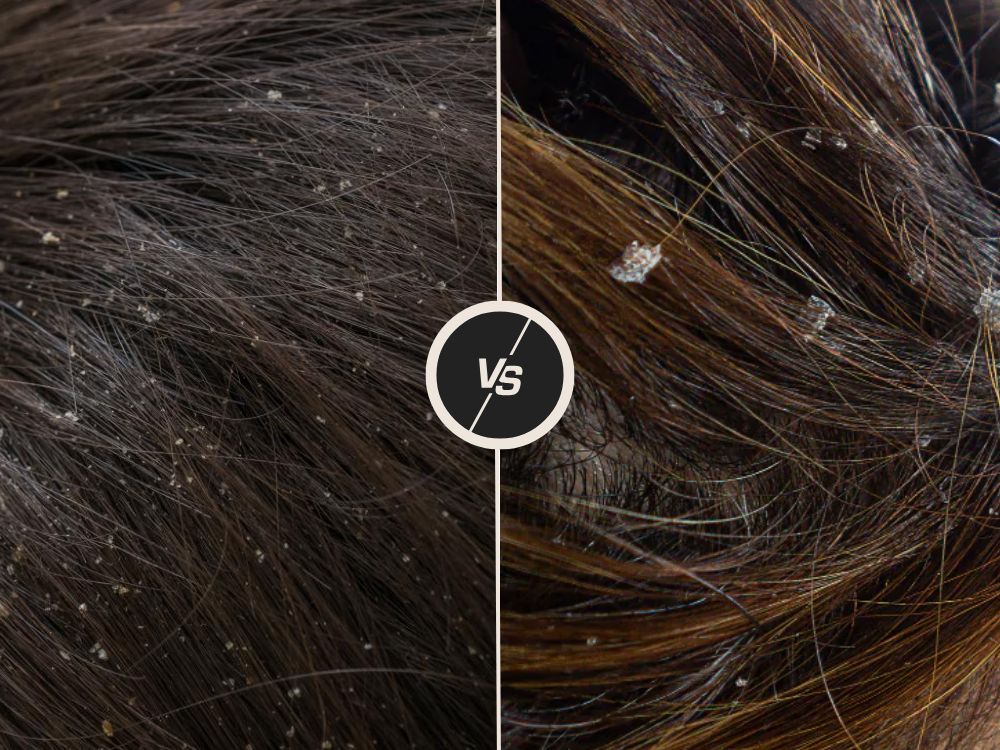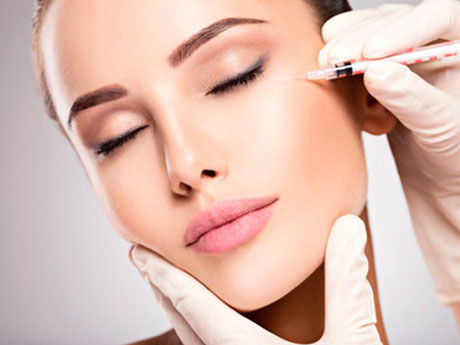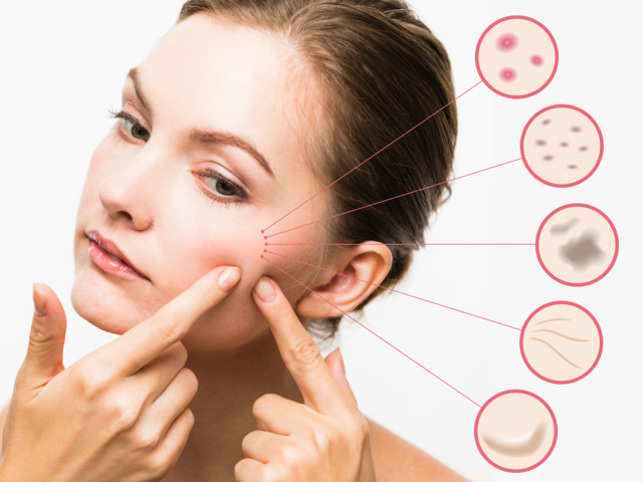DANDRUFF VS DRY SCALP: HOW TO TELL THE DIFFERENCE AND CARE TIPS
- October 13, 2025 at 9:37 pm
- Skin Care,Monsoon Tips,Hair Care,Fungal Skin Care,Health

The scalp, much like
the skin on the rest of the body, can suffer from several concerns that affect
comfort, appearance, and hair health. Among the most common issues faced by
Indians are dandruff and dry scalp. Although they may appear similar with symptoms
like flaking and itchiness, the causes and treatments for both are quite
different. Understanding the distinction between the two is essential for
effective management and healthy hair.
WHAT CAUSES DANDRUFF
Dandruff is a chronic
scalp condition primarily caused by an overgrowth of a yeast-like fungus called
Malassezia. This microbe feeds on excess sebum and dead skin cells on the
scalp, leading to irritation and accelerated skin cell turnover. The result is
the appearance of white or yellowish flakes that may be oily and stick to the
scalp or hair. In Mumbai’s humid and warm
environment, dandruff tends to worsen as the scalp becomes oilier and more
prone to fungal proliferation.
Dandruff can also be
triggered by hormonal imbalances, stress, pollution, poor scalp hygiene, or the
use of unsuitable hair products. Individuals with oily scalps are more likely
to suffer from dandruff compared to those with dry skin types.
Dandruff,
medically known as seborrheic dermatitis, is a scalp condition
characterized by excessive shedding of dead skin cells due to overactivity of
the sebaceous (oil) glands. It is often associated with the presence of a
naturally occurring yeast called Malassezia which feeds on scalp oils.
When this yeast overgrows, it triggers inflammation and increased cell
turnover, leading to visible flakes.
COMMON SIGNS OF DANDRUFF INCLUDE:
- Greasy scalp with
yellowish or white flakes
- Persistent itching and
mild redness
- Flakes that stick to
the hair strands
- Worsening during humid
or stressful conditions
For Indian patients, dandruff is quite common due to factors such as
pollution, high humidity, excessive oiling, and infrequent hair washing. These
conditions create an ideal environment for fungal growth and scalp irritation.
WHAT CAUSES DRY SCALP
A dry scalp occurs
when the scalp lacks adequate moisture or natural oils. This can happen due to
frequent shampooing, exposure to harsh weather, or the use of products that
strip natural oils from the skin. In contrast to dandruff, the flakes from a
dry scalp are usually smaller, white, and powdery. The scalp may feel tight,
itchy, and sensitive, especially during the winter months or in air-conditioned
environments common across urban India.
People with dry scalp
often have dry skin elsewhere on their body, which can further help
differentiate it from dandruff. Lack of hydration and excessive heat styling
can worsen the condition.
UNDERSTANDING DRY SCALP
A dry
scalp occurs when the scalp lacks adequate moisture. Unlike dandruff, it is not
caused by fungal overgrowth but by dehydration or irritation. The skin on the
scalp becomes dry and flaky, similar to dry skin on other parts of the body.
COMMON CAUSES INCLUDE:
- Overuse of harsh
shampoos or frequent washing
- Cold or dry weather
conditions
- Poor hydration or
nutritional deficiencies
- Use of styling
products containing alcohol or sulphates.
TYPICAL SYMPTOMS OF DRY SCALP INCLUDE:
- Small, dry white
flakes that fall easily
- Tight, itchy, or
irritated scalp
- Dull and brittle hair
- Improvement after
using hydrating oils or mild shampoos
HOW TO IDENTIFY THE DIFFERENCE
While both conditions
cause flaking, the key differences lie in the nature of the flakes and scalp
texture. Dandruff flakes tend to be greasy and yellowish, accompanied by an
oily scalp, while dry scalp flakes are smaller, dry, and white, usually with a tight
or itchy scalp sensation. Dandruff may persist even with oiling, whereas
applying mild oils may relieve dry scalp symptoms.
Another indicator is the presence of inflammation or redness, which is more
common with dandruff due to fungal irritation. If itching continues despite
moisturizing, dandruff is more likely the cause.
|
# |
FEATURE |
DANDRUFF |
DRY SCALP |
|
1 |
Cause |
Excess oil and fungal overgrowth |
Lack of moisture |
|
2 |
Flake Appearance |
Greasy, yellowish, larger flakes |
Small, dry white flakes |
|
3 |
Scalp Condition |
Oily, itchy, and sometimes red |
Dry, tight, and itchy |
|
4 |
Hair Type Commonly Affected |
Oily or combination scalp |
Dry scalp and hair |
|
5 |
Response to Oil Application |
Can worsen condition |
Often improves temporarily |
In short, dandruff is a result of excess oil and fungus, while dry scalp is
caused by dehydration and lack of oil. Misdiagnosing the two can lead to using
the wrong treatment, which may worsen symptoms.
CARE AND TREATMENT
For dandruff,
treatment involves controlling fungal growth and regulating oil production.
Medicated shampoos containing ketoconazole, zinc pyrithione, or selenium
sulfide are commonly recommended by dermatologists. It is important to wash the
scalp regularly with mild, pH-balanced shampoos and avoid excessive oiling, as
it can worsen fungal activity. In severe cases, topical antifungal or
anti-inflammatory treatments may be advised.
For dry scalp, the
focus is on restoring moisture and maintaining a healthy scalp barrier. Using
sulfate-free, hydrating shampoos enriched with aloe vera, coconut milk, or
hyaluronic acid helps replenish lost hydration. Gentle scalp massages with
light, non-comedogenic oils such as argan or jojoba oil can improve circulation
and moisture retention. Avoiding hot water while washing hair and limiting the
use of heat-styling tools can also prevent dryness.
TREATMENT AND CARE FOR DANDRUFF
1.
Medicated Shampoos: Use
dermatologist-recommended anti-fungal shampoos containing ingredients like
ketoconazole, zinc pyrithione, or selenium sulphide. These help control yeast
overgrowth and reduce flaking.
2.
Avoid Excessive Oiling:
Although oiling is a common practice in India, applying too much oil can worsen
dandruff by feeding the yeast that causes it. Limit oiling to once a week and
ensure thorough shampooing afterward.
3.
Maintain Scalp Hygiene: Wash
your hair two to three times a week to remove excess oil, dirt, and dead skin
buildup.
4.
Manage Stress: Stress
can aggravate dandruff. Incorporate relaxation techniques and ensure adequate
sleep to maintain hormonal balance.
5.
Follow-Up Care: Regular
follow-up with a dermatologist is essential if dandruff persists, as chronic
cases may need targeted scalp treatments or topical lotions.
TREATMENT AND CARE FOR DRY SCALP
1.
Gentle Cleansing: Switch
to mild, sulphate-free shampoos that do not strip natural oils. Avoid washing
the scalp daily.
2.
Hydration and Nourishment:
Massage the scalp with light, non-comedogenic oils such as argan or jojoba oil
once or twice a week. Stay hydrated and include omega-3-rich foods in your
diet.
3.
Avoid Heat and Harsh Products: Limit
the use of hair dryers, straighteners, and chemical styling products. These can
worsen dryness and irritation.
4.
Moisturizing Treatments: Use a
hydrating scalp serum or leave-in conditioner recommended by your
dermatologist. These help restore moisture balance and soothe the scalp.
5.
Environmental Protection: Cover
your hair in extreme heat or cold weather to protect the scalp from moisture
loss.
WHEN TO SEEK PROFESSIONAL HELP
Although
dandruff and dry scalp may appear similar, their underlying causes and
treatments are distinct. Using the right care approach based on accurate
diagnosis ensures lasting relief and healthier hair.
If you are unsure
whether you have dandruff or a dry scalp, it is best to consult a
dermatologist. Persistent itching, redness, or flaking could also indicate
conditions like psoriasis, eczema, or fungal infections that require
professional treatment.
For
expert diagnosis and advanced scalp care, visit Elan
Skin Care Clinic, Navi Mumbai, where our
dermatologists provide holistic solutions tailored for Indian hair and scalp
types.
ELAN SKIN CARE CLINIC
Ground Floor, Ekdant
CHS, Shop No 4 and 5
Plot 53 and 54, Sector-19, Kharghar
Navi Mumbai, Maharashtra 410210
Phone: 099200 16171
Email: elanskinsolutions@gmail.com
Website: www.elanskincare.in
Healthy
hair begins with healthy scalp. Whether your concern is dandruff or dry scalp,
early diagnosis and appropriate care are crucial for long-term relief and
maintaining scalp balance.
Author Details

I am a professional blogger interested in everything taking place in cyberspace. I am running this website and try my best to make it a better place to visit. I post only the articles that are related to the topic and thoroughly analyze all visitors’ requests to cater to their needs better.
Most Popular Posts

- October 26, 2018
- Botox
5 REASONS TO CONSIDER BOTOX INJECTIONS TO IMPROVE YOUR FACIAL
APPEAR
